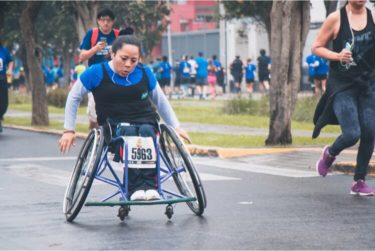We all have mental health. Get the support you need.

Making Suffolk the best place in the world for talking about and taking care of mental health.
All of us have mental health, just as we have physical health. We are all on the Mental Health Continuum, and we move up and down it depending on how we cope with the challenges of life and the stresses that it creates.
Suffolk Mind supports people from the age of 4 upwards, through:
- The Mental Health Kitbag, skills-based sessions for children and young people, and the adults who support them
- Our support services for over 18s
- The Mental Health Toolkit – our practical mental health training for organisations
Working across the Mental Health Continuum, we aim to provide support and information for everyone.



The latest from Suffolk Mind

Our CEO is ‘bricking it’ ahead of Lego walk challenge
We are hosting our annual A Walk of Glass and Fire event, giving fundraisers the chance to walk over broken glass and hot coals …
Featured
Fundraising & Donations























